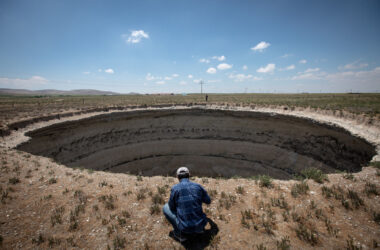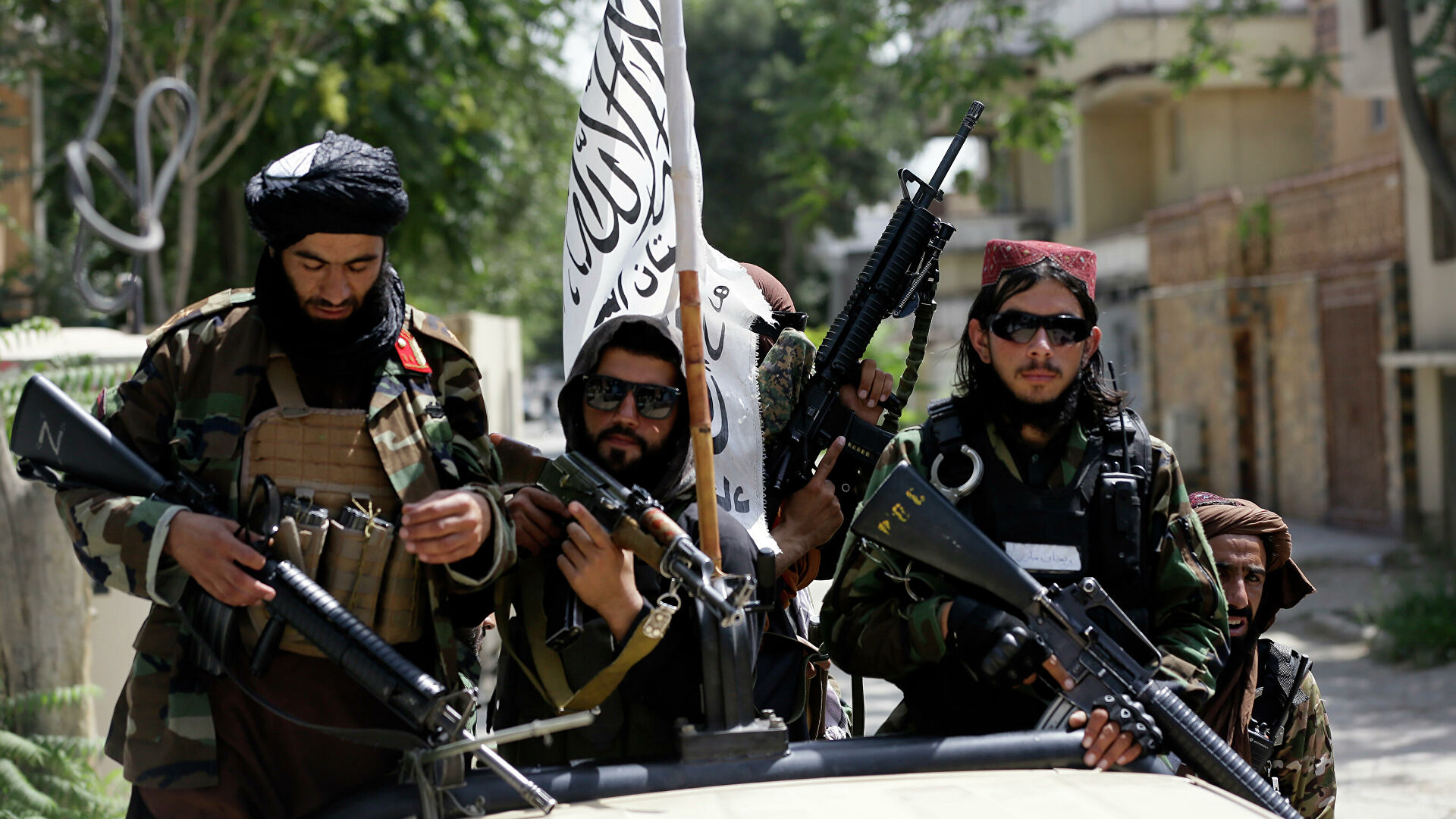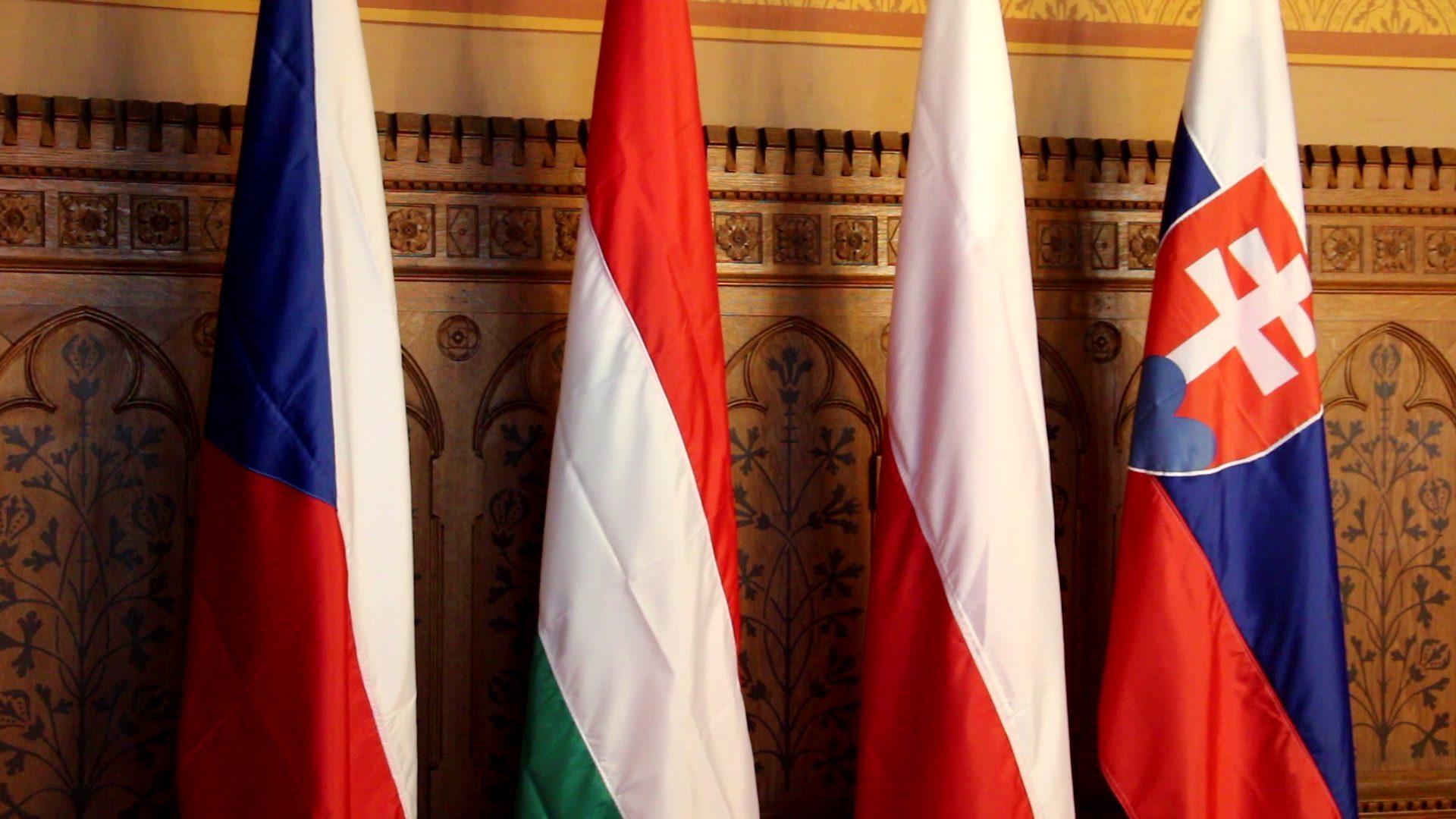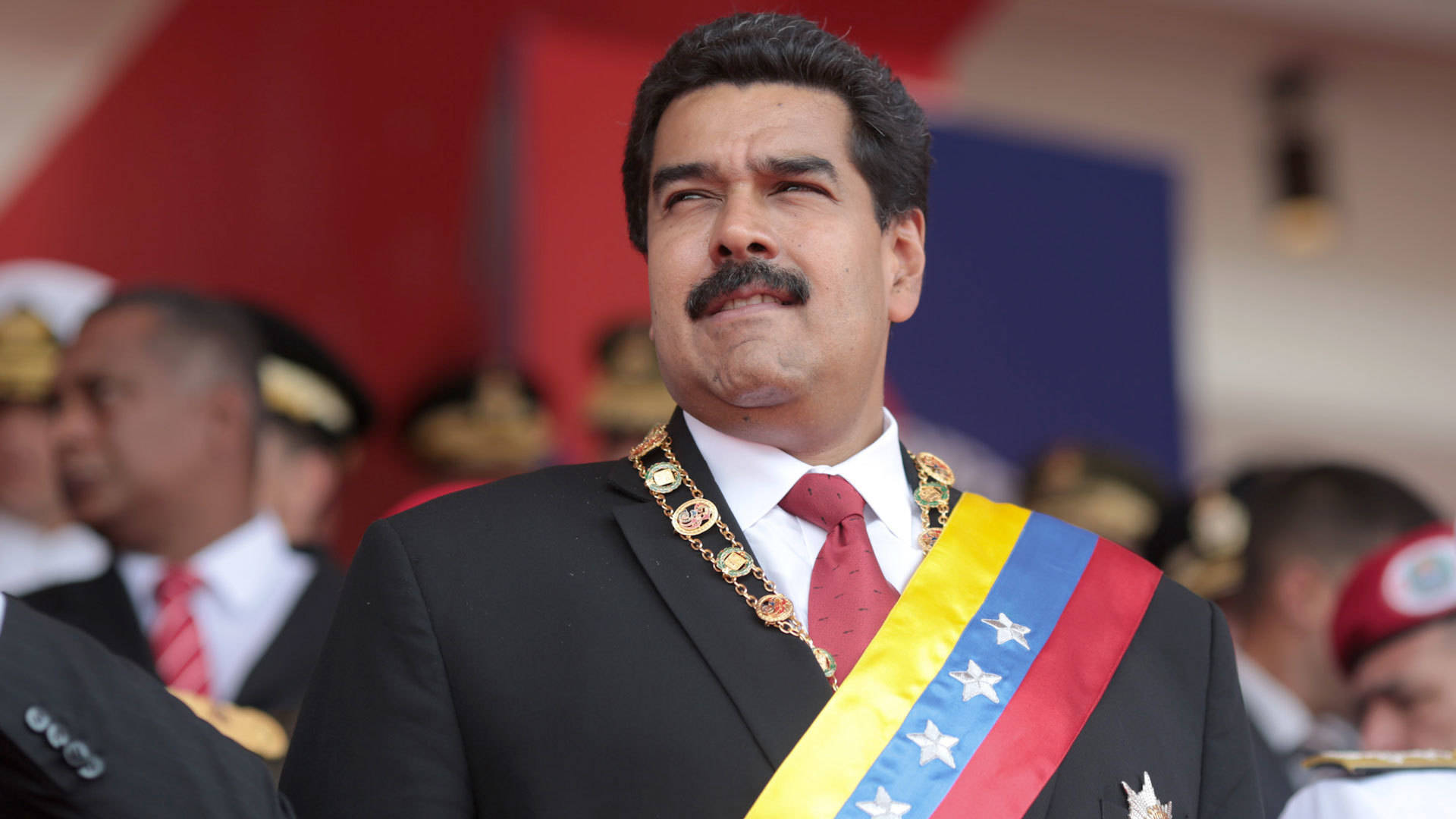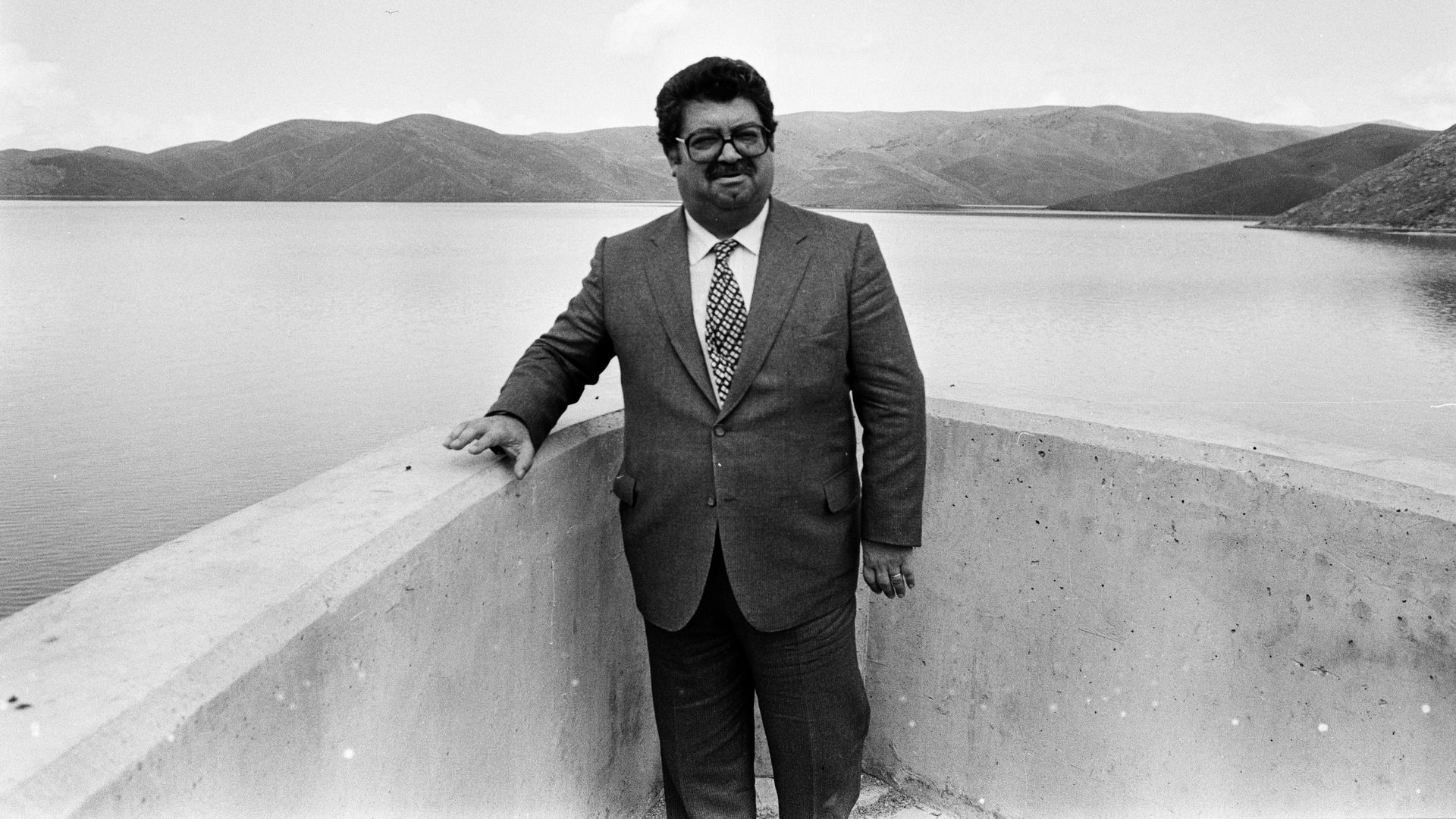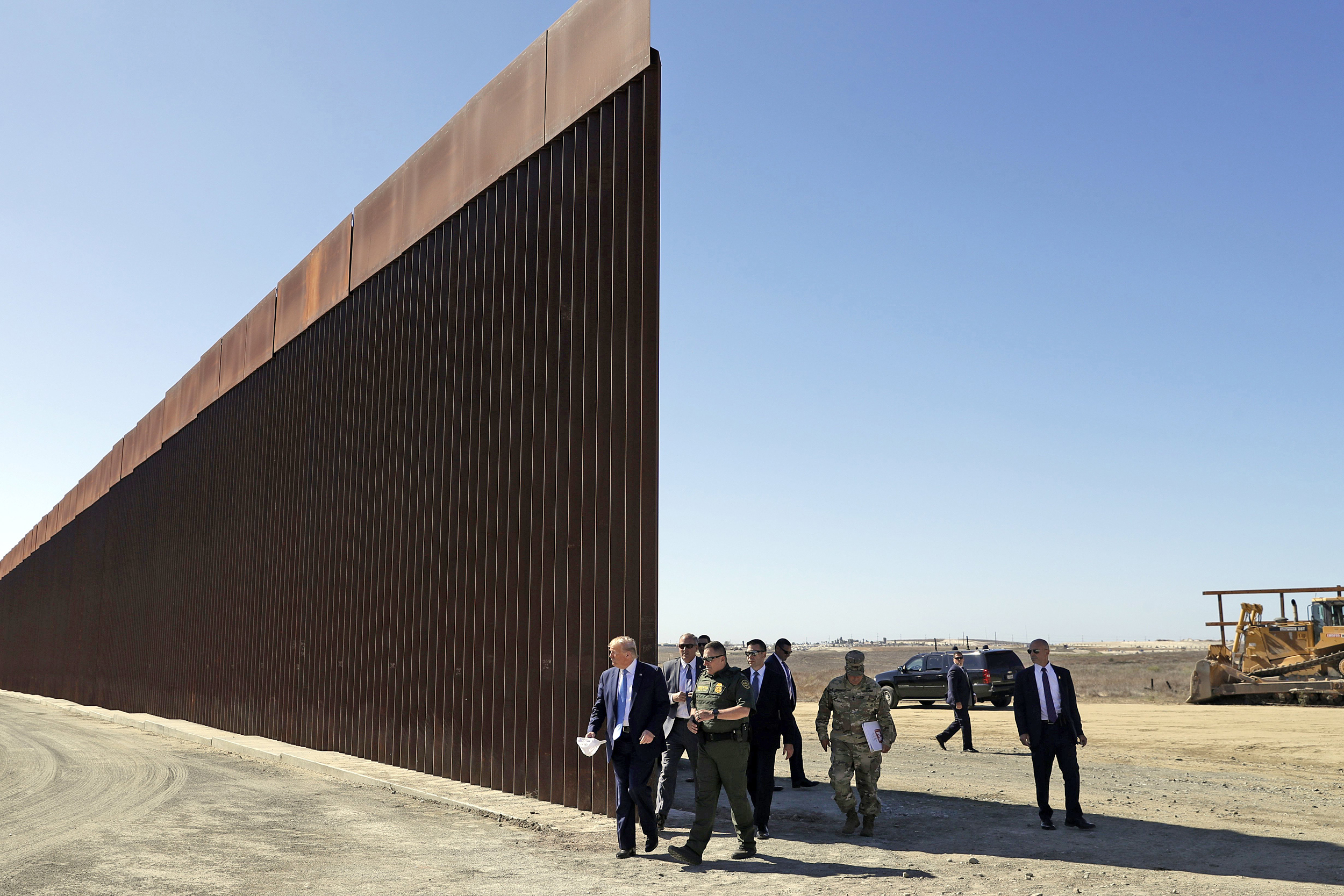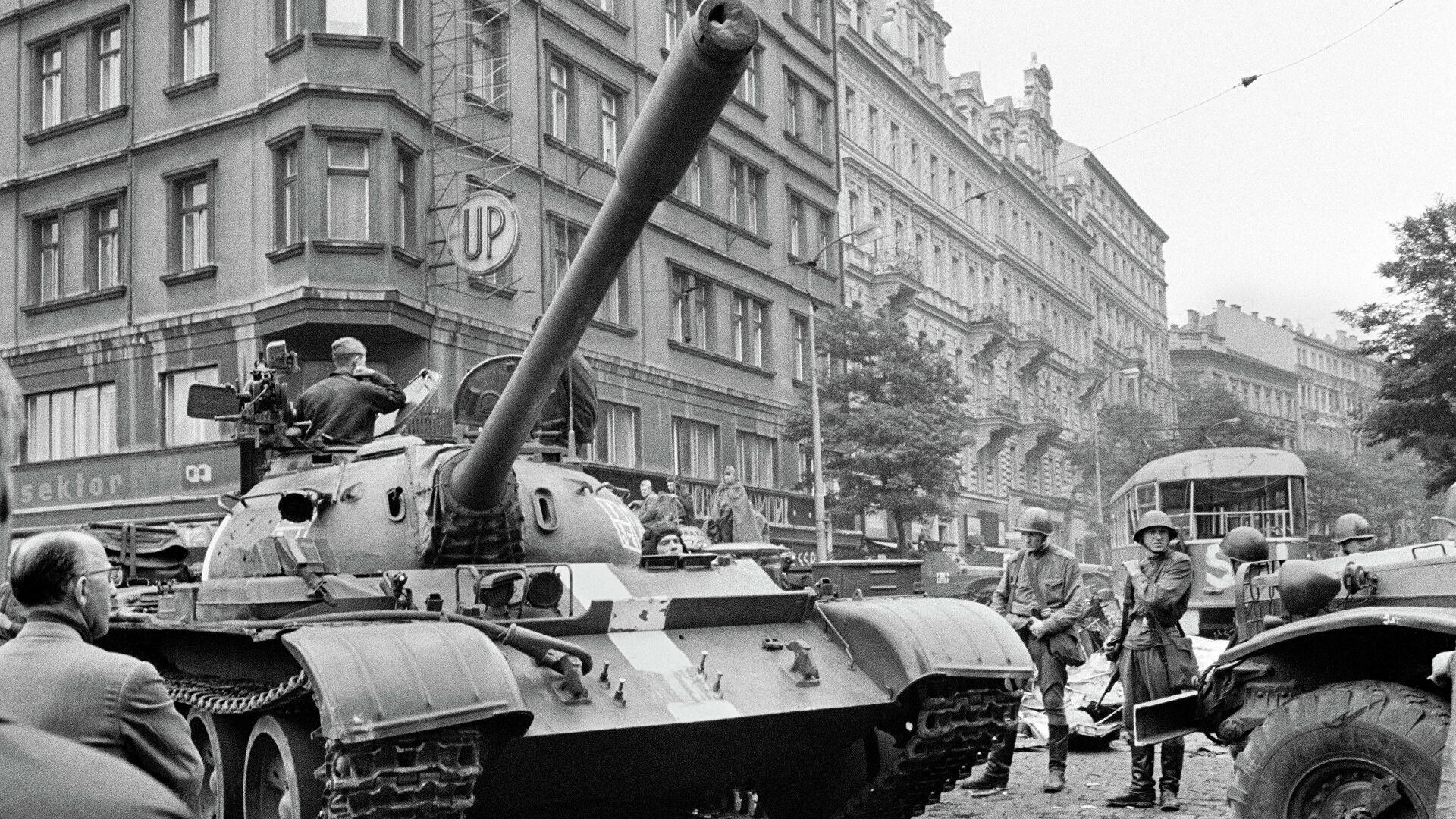10 min read
Popular
Magis academicum, magis profectum
Features
View Posts
View Posts
View Posts
View Posts


Magis academicum, magis profectum.
The FEAS Journal is a project to let people express themselves with no boundaries. The FEAS Journal creates blog-page-shaped profiles for every writer without looking at their experiences.
Africa
4
Posts
America
19
Posts
Analysis
53
Posts
Asia
16
Posts
Twitter Feed
1 Following
657 Followers
EU’s youngest member, Croatia, joins the euro common currency and Schengen area by the first day of the 2023.
over a year ago
Featured Posts
21 October 2023
TURKIYE’S FUTURE IN GLOBAL WATER CRISIS
23 April 2023
TALIBAN IN AFGHANISTAN
7 January 2023
TURKEY, RUSSIA AND ENERGY TRANSMISSION LINES
2 September 2022
COMBATING CYBER SECURITY
Let`s Get Social
Subscribe to our newsletter
Get notified of the mainstream of The FEAS Journal © monthly in your mailbox.


